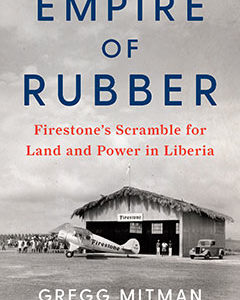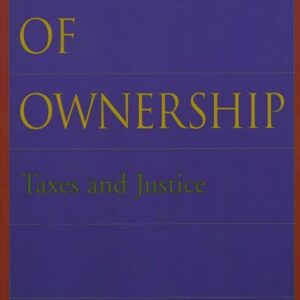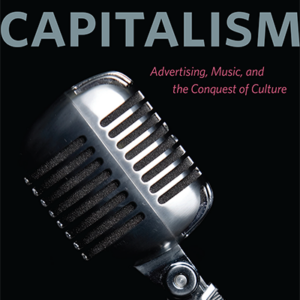
Capitalism and the Emergence of Civic Equality in Eighteenth-Century France
By William H. Sewell, Jr. (NHC Fellow, 2006–07)

By William H. Sewell, Jr. (NHC Fellow, 2006–07)

By Gregg Mitman (NHC Fellow, 2004–05; 2020–21) In the early 1920s, Americans owned 80 percent of the world’s automobiles and consumed 75 percent of the world’s rubber. But only one percent of the world’s rubber grew under the U.S. flag, creating a bottleneck that hampered the nation’s explosive economic expansion. To solve its conundrum, the … Continued

Edited by Sucheta Mazumdar (NHC Fellow, 2007–08), Vasant Kaiwar, and Thierry Labica This book uses a historical and theoretical focus to examine the key of issues of the Enlightenment, Orientalism, concepts of identity and difference, and the contours of different modernities in relation to both local and global shaping forces, including the spread of capitalism. … Continued

By Quentin Anderson (NHC Fellow, 1979–80)

By Michel-Rolph Trouillot (NHC Fellow, 1985–86)

By Bernard Semmel (NHC Fellow, 1986–87) In The Liberal Ideal and the Demons of Empire, noted historian Bernard Semmel traces the evolution of the ideas about imperialism and discusses four major schools of thought: the classical economists, the social theorists, the national economists, and the Marxists.

By Liam Murphy (NHC Fellow, 2000–01) In a capitalist economy, taxes are the most important instrument by which the political system puts into practice a conception of economic and distributive justice. Taxes arouse strong passions, fueled not only by conflicts of economic self-interest, but by conflicting ideas of fairness. Taking as a guiding principle the … Continued

By Timothy D. Taylor (NHC Fellow, 1999–00) From the early days of radio through the rise of television after World War II to the present, music has been used more and more to sell goods and establish brand identities. And since the 1920s, songs originally written for commercials have become popular songs, and songs written … Continued
With an argument that was as much a critique of industrialism as it was a defense of slavery, Southern spokesmen contended that chattel slavery, as it was practiced in the American South, was more humane than the system of “wage slavery” that prevailed in the industrial North and Great Britain.

Too often, the history of corporate capitalism is told as a story of “great men” who innovated by creating new labor systems and irresistible commodities. The reality is far more interesting. This webinar puts the ordinary people who built the early the cigarette industry, before the dangers of smoking were understood, at the forefront. Hundreds … Continued